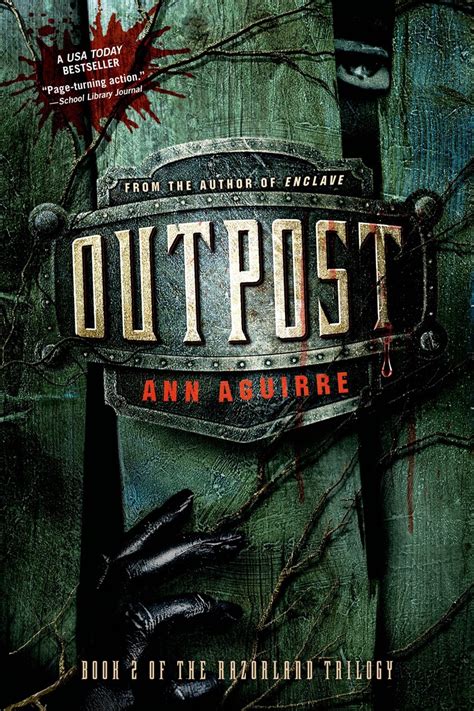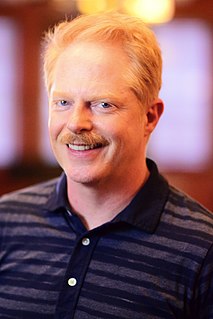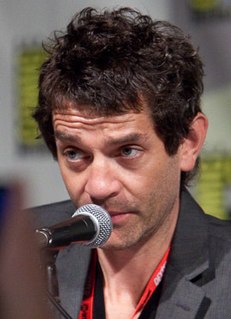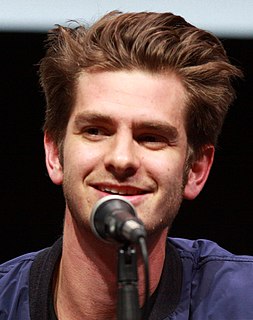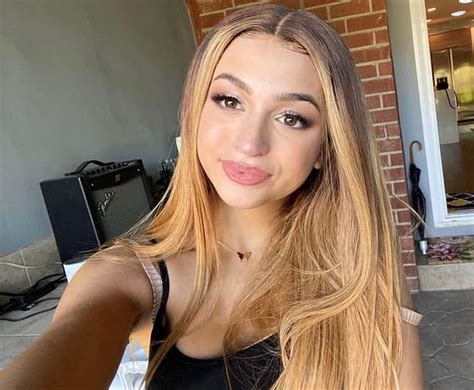A Quote by Ann Aguirre
I've tried to be inclusive in my '2B' series. Over the course of three books, I wrote African-American characters, a paraplegic character, gay and lesbian characters, a bisexual, Jewish heroine, a multiracial hero, Korean and Chinese-American characters, and a multiracial supporting character.
Related Quotes
I kind of cheer the presence of any gay characters at all - I think the more we can saturate television with any gay character or lesbian character or transgender character, I think that's a really great thing. We're kind of getting past the fact that they're the punchline or that they're the novelty.
I think that I write much more naturally about characters in solitude than characters interacting with others. My natural inclination - and one that I've learned to push against - is to give primacy to a character's interior world. Over the three books that I've written, I've had to teach myself that not every feeling needs to be described and that often the most impactful writing more elegantly evokes those unnamed feelings through the way characters speak and behave.
The love story between the hero and the heroine has to be at the center of the book. I think that's pretty true in my books. I usually write a secondary love story, with maybe nontraditional characters. Sometimes I write older characters. I'm interested in female friendships, and family relationships. So I don't write the traditional romance, where you just have the hero and the heroine's love story. I like intertwining relationships.
In terms of characters I wish I had created - just because I haven't dealt with anything like them - I'm really impressed by characters who can endure over time, whether that be a long series run like a Harry Bosch, or a character who endures over generations and continues to please readers: Sherlock Holmes.
I don't know quite how a story develops in my head. It is a bit chaotic. If I am working on a series, one of the main characters at least is already in existence as well as some setting and minor characters. Finding the other main character can be a challenge. Sometimes this character already exists in a minor role in another book.
Margaret Cavendish was one of the people who came up in the course. That was when I started thinking about her as a character for a book, but my idea was for a totally different book. It had all these characters in it; Samuel Pepys was one of the main characters. He famously wrote these extensive diaries through the period that are really funny and sort of saucy, actually.
What interests Sam Mendes are characters and relationships, and he was a genius at giving you the freedom to create the type of character you want, and also to explore and have fun with your fellow actors. For him, characters and relationships are really the heartbeat of the film, and then the action is the backdrop. By developing the characters, he makes you care that much more about the action and going on a journey with the characters.
There was a point in the latter 1990s at which, suddenly, every sitcom and drama in sight had to have a gay or lesbian character or couple. That was good news as a voucher of the success of the gay rights movement, but it still grew a bit tiresome: 'Look at us! Our show is so hip, one of the characters is homosexual!'
Obviously making Peter Parker suddenly bisexual or gay wouldn't really make logical or dramatic sense. It was a hypothetical kind of question about the nature of these comic book characters and the nature of this particular character, and whether sexuality, race, any of those things makes any difference to the character of Peter Parker.
This is America, where a white Catholic male Republican judge was murdered on his way to greet a Democratic Jewish woman member of Congress, who was his friend. Her life was saved initially by a 20-year old Mexican-American gay college student, and eventually by a Korean-American combat surgeon, all eulogized by our African American President.
I think, almost, the film industry thinks that by making gay characters super masculine, it's an attempt at saying being gay is OK if you act like straight people. I don't think we should just have gay characters who are 100 percent femme, either. I just think it's about that mix and creating more diverse gay characters.
